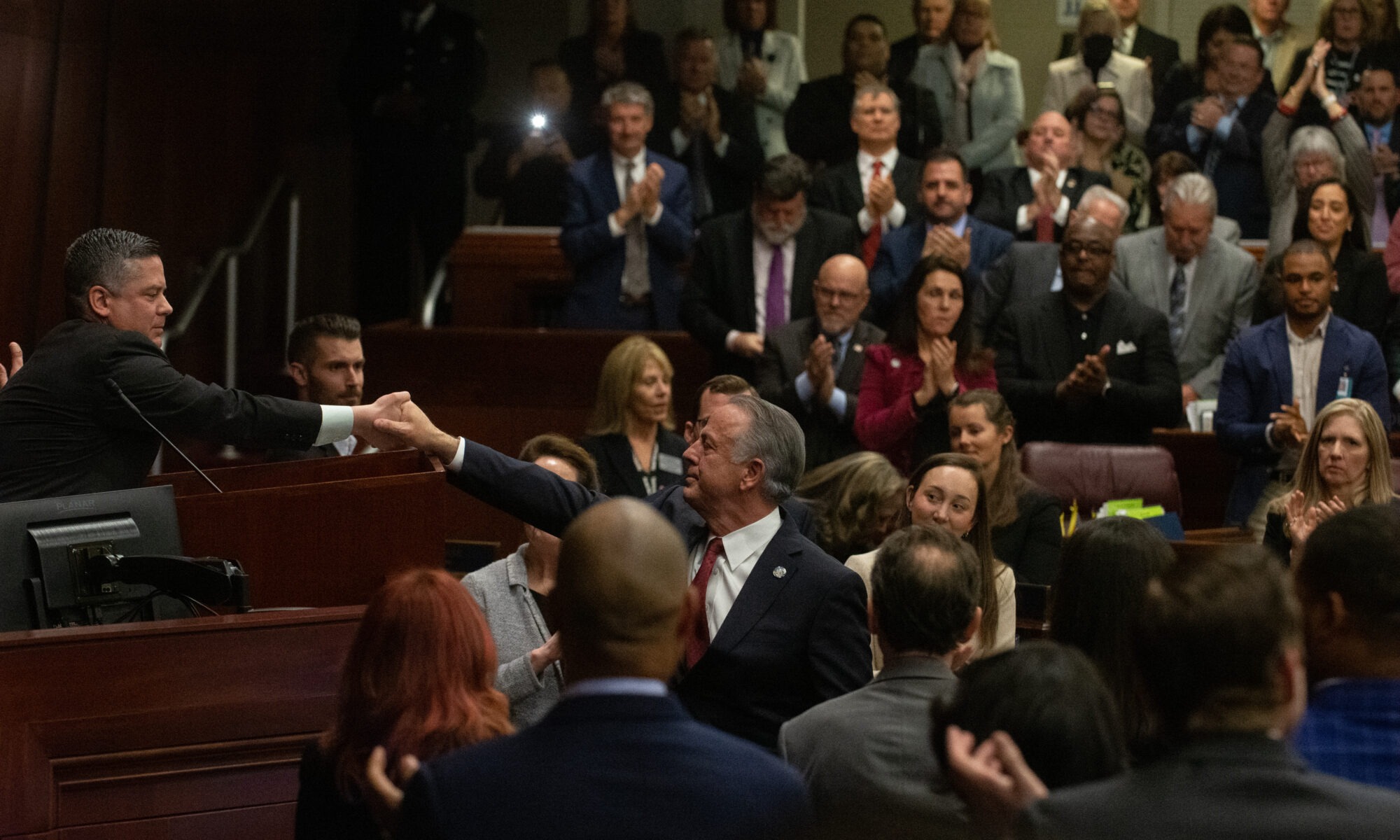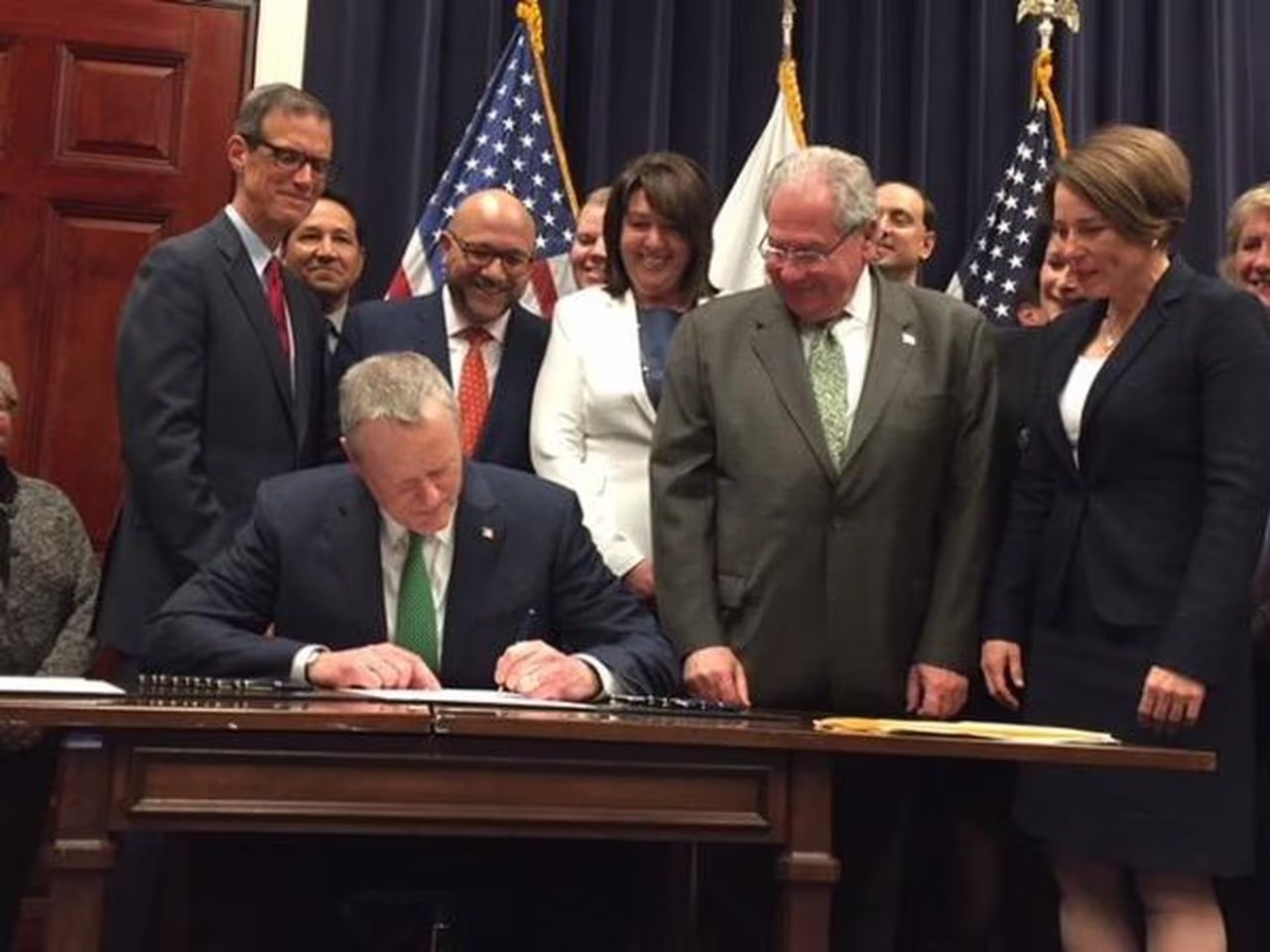Less than four years after the murder of George Floyd prompted a widespread reckoning with the injustices of the criminal justice system, political leaders are increasingly embracing tough-on-crime approaches.
This shift is evident in recent votes and legislative actions across the country, where some jurisdictions are reversing reforms that had been implemented in prior years.

Lawmakers (Credits: The Nevada Independent)
In San Francisco, voters approved two propositions that expand police powers and mandate addiction treatment as a prerequisite for receiving welfare assistance. Similarly, the D.C. Council passed public safety measures, including reinstating “drug-free zones.”
These developments signal a notable departure from the recent trend of criminal justice reform efforts. According to Adam Gelb, President and CEO of the Council on Criminal Justice, this reversal is particularly striking given the wave of national protests that called for a less punitive approach to policing and criminal justice.
However, Gelb suggests this shift does not indicate a complete return to harsh, punitive policies. He emphasizes that there is little likelihood of reverting entirely to the belief that safety can be achieved solely through arrests and punishment.

Lawmakers (Credits: Friends Journal)
The current landscape reflects a complex interplay between ongoing reform efforts and the criminal justice system’s persistent challenges.
While some jurisdictions are moving towards tougher stances on crime, others continue to pursue reforms aimed at addressing underlying issues and promoting alternatives to incarceration.
As the debate over criminal justice reform continues, it is clear that there is no one-size-fits-all solution. Finding the right balance between accountability and compassion remains a key challenge for policymakers and communities nationwide.























